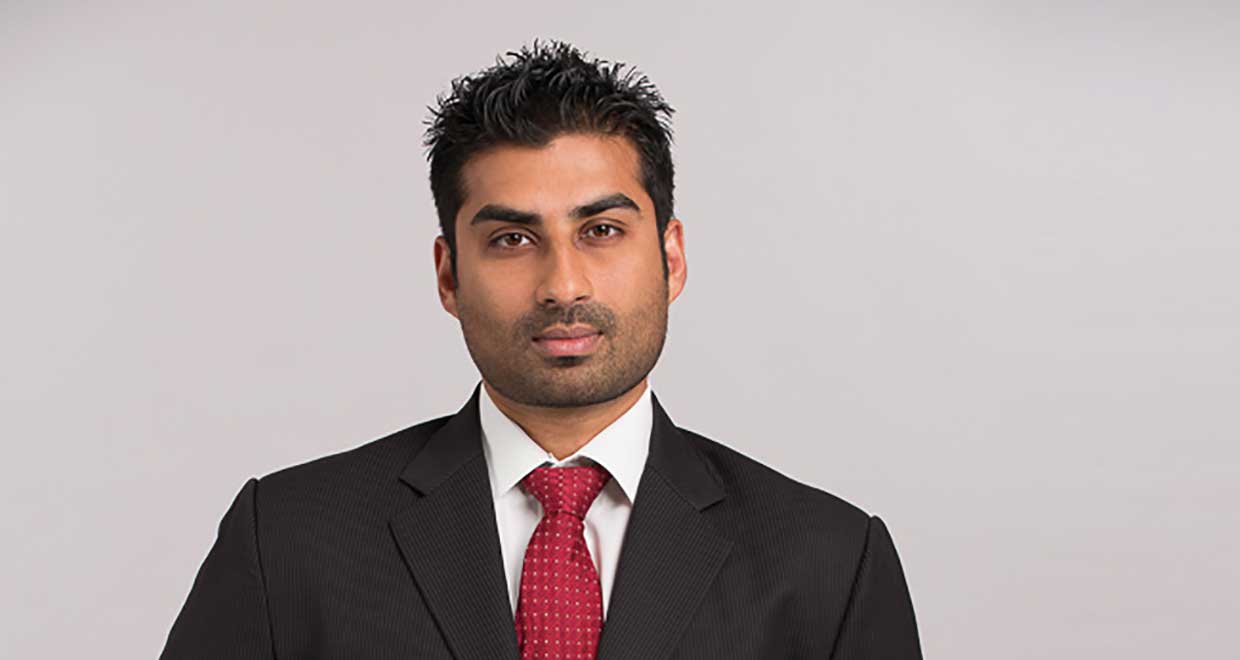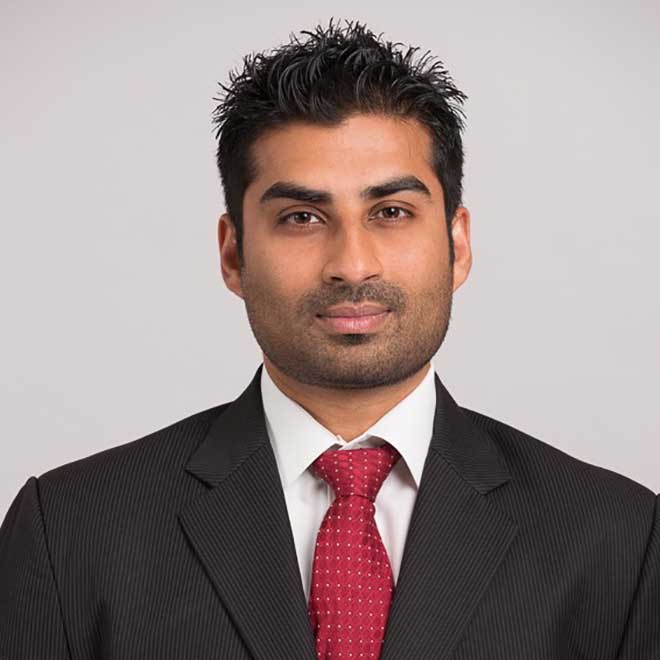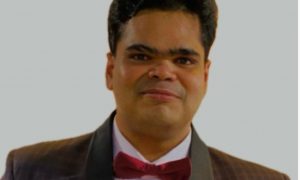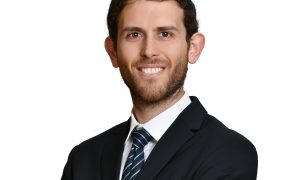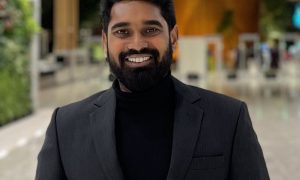Abhinav graduated in law from Guru Gobind Singh Indraprastha University in 2007. He is a dual qualified attorney, admitted to the practice of law in the State of New York and the Republic of India. He was admitted in the Bar Council of Delhi in 2007. From 2007 to 2010, he was involved in mixed litigation including criminal defense, defamation, corporate criminal and intellectual property litigation at all levels of Judiciary including the Supreme Court of India. In 2010, Abhinav decided to concentrate solely on Intellectual Property litigation. In 2012, in order to pursue LLM from George Washington University School of Law, he moved to the United States. After graduating from the law school, he passed the New York State Bar Exam in 2013 and got admitted to the New York State Bar. In early 2014, he joined Davies and Associates, LLC, a full service immigration law firm headquartered in Manhattan. In 2015, Abhinav became a partner in the firm and the Head of India and South East Asia practice group.
Abhinav is a lawyer by profession and a traveler by passion. He is a member of Royal Beasts Motorcycle Club in New Delhi. He has traveled from Delhi to Mumbai, Hyderabad, Bangalore, Chennai, and Ladakh on his Royal Enfield motorcycle.
In this interview we speak to him about:
- His experience in IP Law
- Studying in the US
- His plans for the future
What inspired you to take up law?
Like many other Indian children I was pushed to take up science in high school. My parents and I soon realised it was a big mistake. My sole motivation to work hard and graduate from high school was not studying science for an additional year. After graduating from high school, I decided to be as far away from science as possible and got admitted to a five year law program.
Tell us a bit about your time as an undergraduate.
I did not enjoy studying at my law school. It seemed like an unending marathon where we had to chew up the course work every day for five years and spit it out on the exam sheets. That to me seemed pointless. Courts are not interested in knowing how good your memory is, they care about precedents and arguments. A successful attorney needs good research skills, logical and quick thinking. Unfortunately, law schools fail to develop these skills. I did enjoy my internships though.
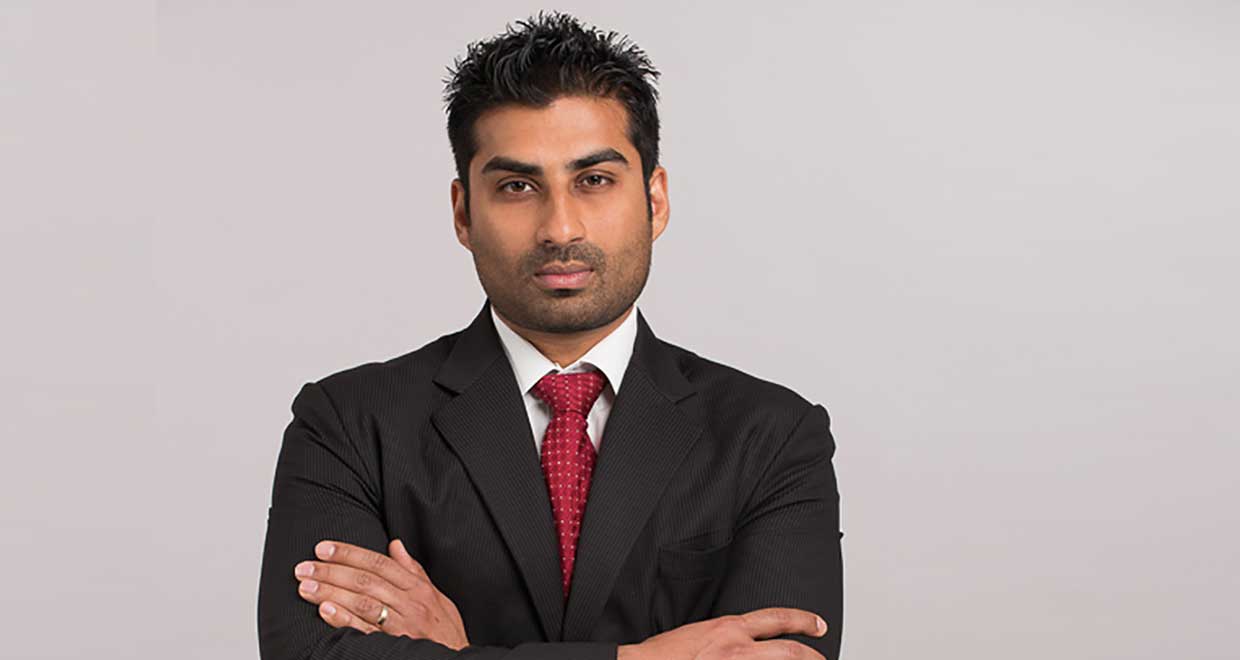
Did you take part in co-curricular activities while in college?
I was part of the law school’s choreography club, basketball and soccer team. I am a strong advocate of co-curricular activities. It is great to spend time with like-minded people. Outside of law school I was an avid motorcycle rider. I traveled from Delhi to Chennai and Ladakh on my motorcycle. I think I covered around twenty states on my motorcycle. Motorcycling was my escape from everything. It is how I define freedom.
What books, judgements that you have read, would you say have played an integral role in shaping your legal philosophy?
I liked anything and everything to do with criminal law. Indian Penal Code was like a novel for me. The most memorable experience of my law school was drafting my research paper on Constitutionality of Brain Mapping and Narco-Analysis. At the time Telgi Scam was a hot topic. What made it challenging was that there were no Indian precedents. The matter was sub-judice in the Supreme Court of India. I was forced to research on American Case Laws. This exposure was valuable on many levels.
What were you areas of interest during your legal education?
As mentioned above, Criminal Law was my passion. I always wanted to be a litigator. I started my career as a criminal defence attorney. It was exciting at first and also gave me a sense of power. But soon that faded away. The long delays in court and the slow progress of cases killed my passion. I still wanted to be a litigator though. I researched and found out most intellectual property cases in Delhi are filed directly in the High Court of Delhi owing to pecuniary jurisdiction. They are fast paced as compared to Criminal and Civil Cases. I quit my job, took a pay cut and joined an I.P. law firm. For the first time in my legal career I was seeing the end of cases that I was filing instead of countless adjournments for questionable reasons.
Could you tell us about the internships you took up, and what you learnt from those experiences?
Internships are very valuable if you take them seriously. I primarily interned at Karanjawala & Co. It was a fruitful experience. My mentors were great, they pushed me to research all the time. The skills I picked up during my internship gave me a head start when I became an attorney.
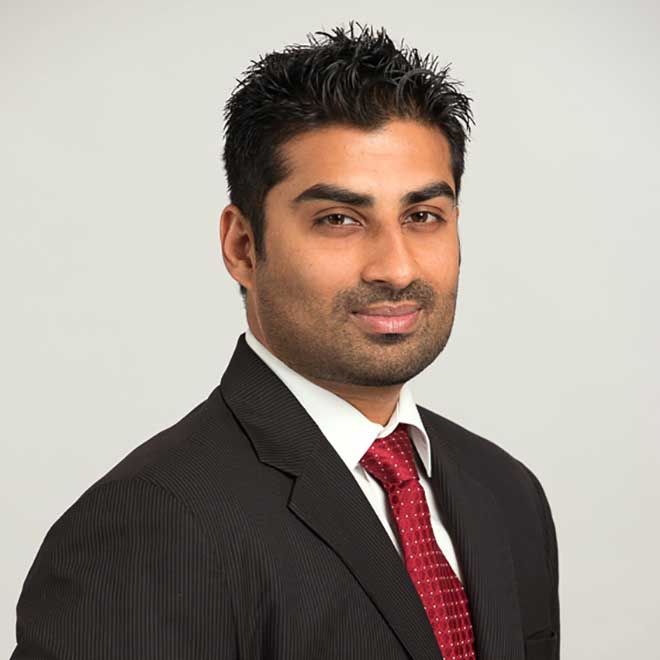
What motivated the shift from Chambers of Ankur Chawla to Lex Infini?
I moved to Lex Infini to pursue intellectual property litigation. It is here I found another mentor, Mr. Sushant Kumar Thakur. He took me to the next level, professionally. He made me a fearless litigator and helped me transition to intellectual property. He gave me the freedom to work on matters from scratch to finish. He encouraged me to develop my own practice. It is here I started transitioning from a lawyer to a legal entrepreneur.
What led you to decide to focus specifically on IPR litigation?
(Abhinav’s diverse repertoire includes cases pertinent to areas of litigation including criminal defense, defamation, corporate criminal, among others.)
I wanted to be a litigator and wanted a speedy disposal of cases. I also wanted to deal with corporate clients but never wanted to practice corporate law. Also, I.P. law was considered a niche field a decade ago.
Tell us a little bit about your life a student of law at George Washington University School of Law.
Studying at G.W. Law was a great experience. It was the first time I saw the professors and students engage in a discussion as equals. The lectures were well structured and the course material made sense. We were not pushed to memorize everything; 90% was practical application. Most of our exams were open book and some were research based. The university also emphasized a lot on networking- they pushed us to meet lawyers and arranged a lot of networking events. There were a lot of social events within the school for students to interact and network with each other. I was on the board of Student Bar Association as a representative for LLM students and was also on the board of South Asian Law Students Association. Both these positions required a lot of student and faculty interaction and organizing events. I enjoyed every bit of it.
What was your experience with the Bar Exam in New York?
New York State Bar exam is one of the hardest exams I have taken in my life. As an international LLM student I attended only a year of American law school. I had to learn two years of law school courses in ten weeks during the bar prep course. Almost every day my friends and I questioned our decision of signing up for the bar exam. It was twelve to fourteen hours of torture every day for ten weeks.
Can you please share with the readers your work profile so far at Davies & Associates, LLC?
I am a Partner at Davies & Associates, LLC. I head India and South East Asia for the firm. I represent corporates and high net-worth individuals from India and South East Asia who want to establish a presence in the U.S. I am one of the rain makers for the firm. A typical day for me starts with responding to queries of all the attorneys and paralegals that I supervise. I have a client facing role so most of the time is spent interacting with clients and scheduling meetings with them. I visit India and South East Asia every 40 days for client meetings. I meet with clients, explain the immigration process to them, tell them about our firm, and sign them up.
Can you shed some light on the kind of work you and your firm are doing considering the current immigration crisis in the US?
The immigration system is broken and needs an overhaul, however some of the suggested measures may make it very hard for some nationalities to immigrate to the United States. The change that impacts our practice the most is increase in investment amount to get investment based green card (EB5 Visa) from $500,000 to $800,000. This jump will make it very hard for a lot of people from India and other developing countries to get an investment green card owing to the week currency. We are part of various organizations that lobby against such changes. Also, I am on the Board of South Asian Bar Association, we run a pro bono immigration clinic to help immigrants who have limited or no access to legal representation.
How do you manage your time between your professional and personal interests?
After a decade of working I have been able to find a work life balance. I love traveling, and fortunately some of it is satiated by the nature of my job. In order to spend time with my family I start my day early so that my evening are free. I try not to take client calls when I am at home. I figured clients will respect my personal life if I respect it.
Where would you like your career to take you five years down the line?
I achieved professional success in a short period of time since I moved to the States. Having become a partner at my firm, I cannot get promoted further. I joined a fairly new law firm that grew rapidly. I want to continue riding this wave and grow the firm. I also want to author publications and become an adjunct professor in a university, preferably George Washington University.
What advice would you like to give our readers, who are mostly law students and young lawyers?
Be fearless, it is never too late to change your career path. I found my calling after seven years of practicing law, changing my fields thrice and moving to a different country. Also, this is the age of being a legal entrepreneur instead of just being a lawyer. Develop networking skills, gain some knowledge regarding marketing and sales.

